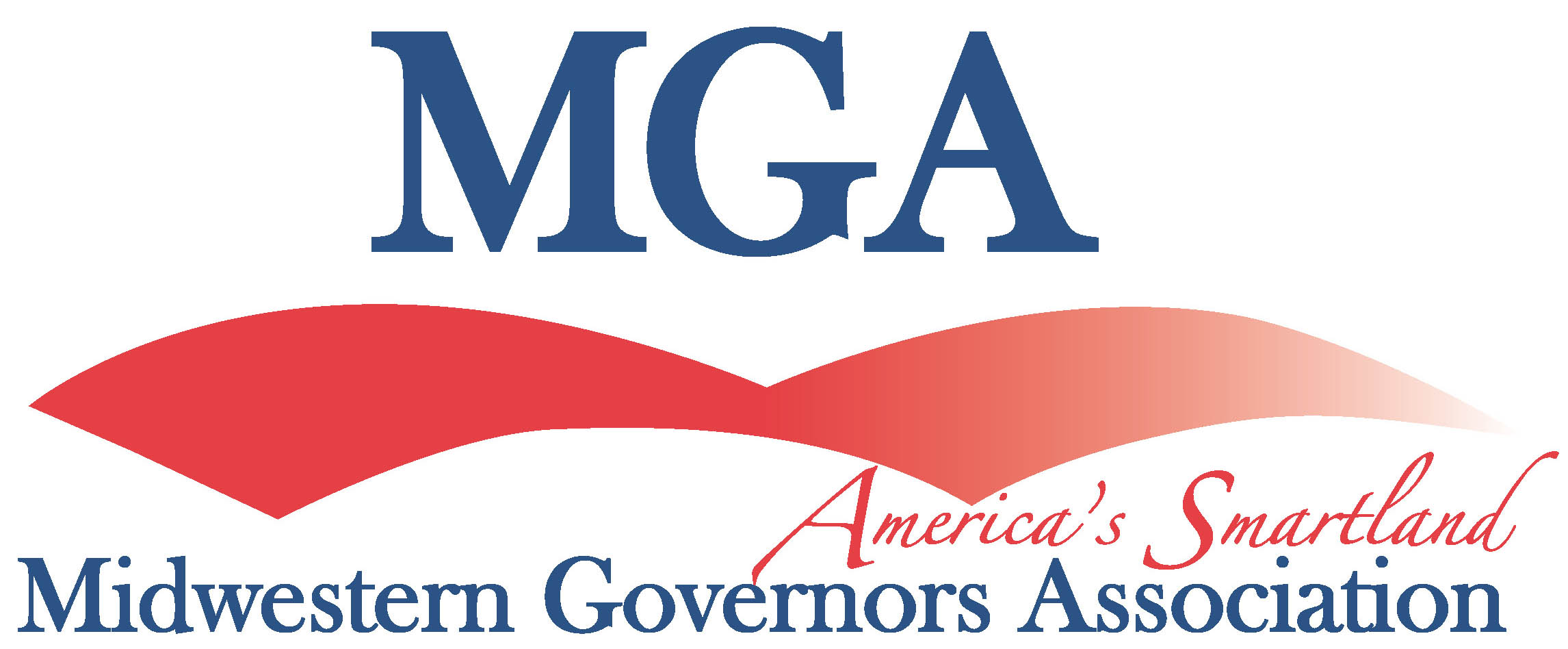America’s Smartland Series: Regional Best Practice
Mentoring4Success (M4S)
Mentoring4Success (M4S) is a statewide initiative in Kansas that delivers mentoring services to help post-release offenders return to communities safely and successfully. This community-based effort is led by experienced service organizations that guide mentoring organizations and mentors, and works closely with the Kansas Department of Corrections (DOC) to match eligible offenders to mentors as part of reentry. The hope is that an individual about to be released from prison can better re-acclimate to life with the aid of a mentor who provides guidance and assistance adjusting to life outside prison.
In Kansas, nearly 4,700 offenders leave prison each year, and many need help finding employment and housing, getting connected to services and treatment, and reuniting safely with neighborhoods and families. Mentors support the work of correctional case workers and service and treatment providers by assisting offenders in reaching their reentry plan goals. Mentors are also instrumental in helping offenders establish a life of pro-social activities and meaningful engagement within their communities.
“When a citizen has finished serving a prison sentence, it is time to let him or her have a second chance to return home and be productive,” said Governor Sam Brownback. “Mentors provide critical support in the areas of job training, reintegrating safely with family, recovering from addiction, and living a law-abiding life.”
The goal of M4S is to ensure that every offender leaving prison has the opportunity to work with a mentor. Guided by community service organizations working closely with the Kansas DOC, mentors are trained and matched to offenders six to twelve months prior to an offender’s release from prison. Services are also continually monitored and evaluated to ensure the most effective mentoring practices are used.
An initial internal analysis of return rates of offenders who were matched with mentors and released in calendar year 2012, found that offenders released during calendar year 2012 who had a mentor at the time of release recidivated at 8.7% within 12 months post-release, compared to a recidivism rate of 20.7% for the total offender population during the same period. As more data is collected, M4S staff hope to do a more robust evaluation, comparing offenders who received recidivism-reducing programs like a mentor with those who did not, and analyzing the impact of the mentor based on risk levels.
Mentoring is tied to the individual offender’s case plan, working collaboratively with unit team and parolee. By working with committed compassionate mentors, M4S has engaged the community; enhanced its recidivism reduction work by teaching offender evidence-based strategies used by the department, and addressing risk/need areas for the offender.
Mentors have a heart to serve, and provide excellent examples and role modeling for offenders, who struggle to change their criminal thinking, overcome barriers, and succeed. “Inmates do not come out of prison wanting to fail, they leave wanting to succeed. Mentoring4Success is a leap of faith and a gift of hope and we have seen the success with offenders getting jobs, housing, and education” said Gloria Geither, Director of M4S.
The success of the M4S program has the state using it as a model for other mentoring programs. The Kansas Department for Children and Families started the HOPE Mentoring program, which strives to provide pathways for Temporary Assistance for Needy Families (TANF) clients to access beneficial resources through the empowerment of a mentoring relationship.
Started in 2016, HOPE Mentoring Program is a voluntary one-on-one relationship between a volunteer and a TANF client. The mentor provides support, counsel, friendship, reinforcement and a constructive example by helping the mentee reach his/her academic, career, social and personal goals. The expectation is to build problem-solving skills and end the cycle of dependency and generational poverty.
The mission of the HOPE Mentoring Program is to empower TANF clients to increase self-reliance and attain independence in a variety of living situations, including gainful and meaningful employment, responsible and effective parenting and thriving, healthy families.
The goal of the HOPE Mentoring Program is for participants to reduce the amount of time they rely on TANF benefits, enhance their ability to navigate available community resources on their own, and pursue employment and training to build towards career pathways.
For more information, please contact:
Gloria Geither
Director
Mentoring4Success
[email protected]
